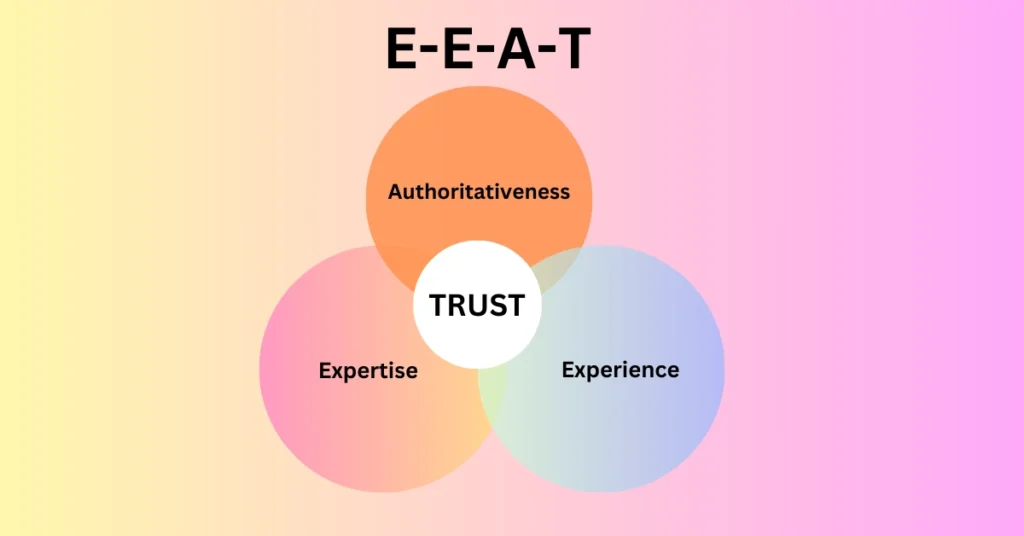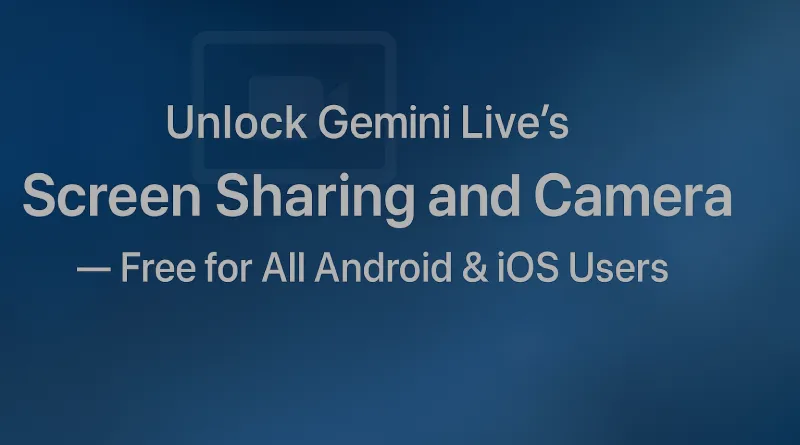Understanding Google E-E-A-T in 2025: Why It Matters More Than Ever
In 2025, Google’s focus on E-E-A-T — Experience, Expertise, Authoritativeness, and Trustworthiness — remains a cornerstone of how it ranks content. As the digital landscape grows ever more complex, understanding and implementing E-E-A-T principles is crucial for anyone looking to improve their website’s visibility and credibility.
What is E-E-A-T?
E-E-A-T stands for Experience, Expertise, Authoritativeness, and Trustworthiness. These are the key criteria Google uses to evaluate the quality of content, especially for “Your Money or Your Life” (YMYL) topics, such as health, finance, and legal advice, where poor information can have serious consequences.
- Experience: Does the content creator have real-life experience related to the topic? Google now places increased importance on firsthand knowledge.
- Expertise: Does the author have recognized qualifications or credentials? Expertise demonstrates a deep understanding of the subject.
- Authoritativeness: Is the website or author considered a leading voice in the field? Authority is often established through backlinks, mentions, and reputation.
- Trustworthiness: Is the information accurate, reliable, and safe? Trust also involves transparency about the content source and clear policies.
Why E-E-A-T is More Important in 2025
With AI-generated content flooding the web, Google has doubled down on ensuring content quality and credibility. The addition of “Experience” to the original E-A-T framework highlights Google’s effort to promote content created by individuals who have genuine hands-on knowledge, rather than just theoretical expertise.

How to Improve Your Website’s E-E-A-T
- 1. Showcase Experience: Include author bios detailing real-life experience related to the topic.
- 2. Highlight Credentials: Display certifications, degrees, or industry awards.
- 3. Build Authority: Get quality backlinks from reputable sites in your niche.
- 4. Be Transparent: Use clear contact info, privacy policies, and accurate citations.
- 5. Maintain Content Accuracy: Regularly update your content to reflect the latest
Conclusion
Google E-E-A-T is no longer just a ranking factor — it’s a standard for content quality in 2025. Prioritizing experience alongside expertise, authority, and trustworthiness ensures your content stands out and ranks higher in search results. If you want to thrive in the evolving SEO landscape, embracing E-E-A-T principles is non-negotiable.
Disclaimer
The information presented in this blog is derived from publicly available sources for general use, including any cited references. While we strive to mention credible sources whenever possible, Web Design Company in Mumbai does not guarantee the accuracy of the information provided in any way. This article is intended solely for general informational purposes. It should be understood that it does not constitute legal advice and does not aim to serve as such. If any individual(s) make decisions based on the information in this article without verifying the facts, we explicitly reject any liability that may arise as a result. We recommend that readers seek separate guidance regarding any specific information provided here.

